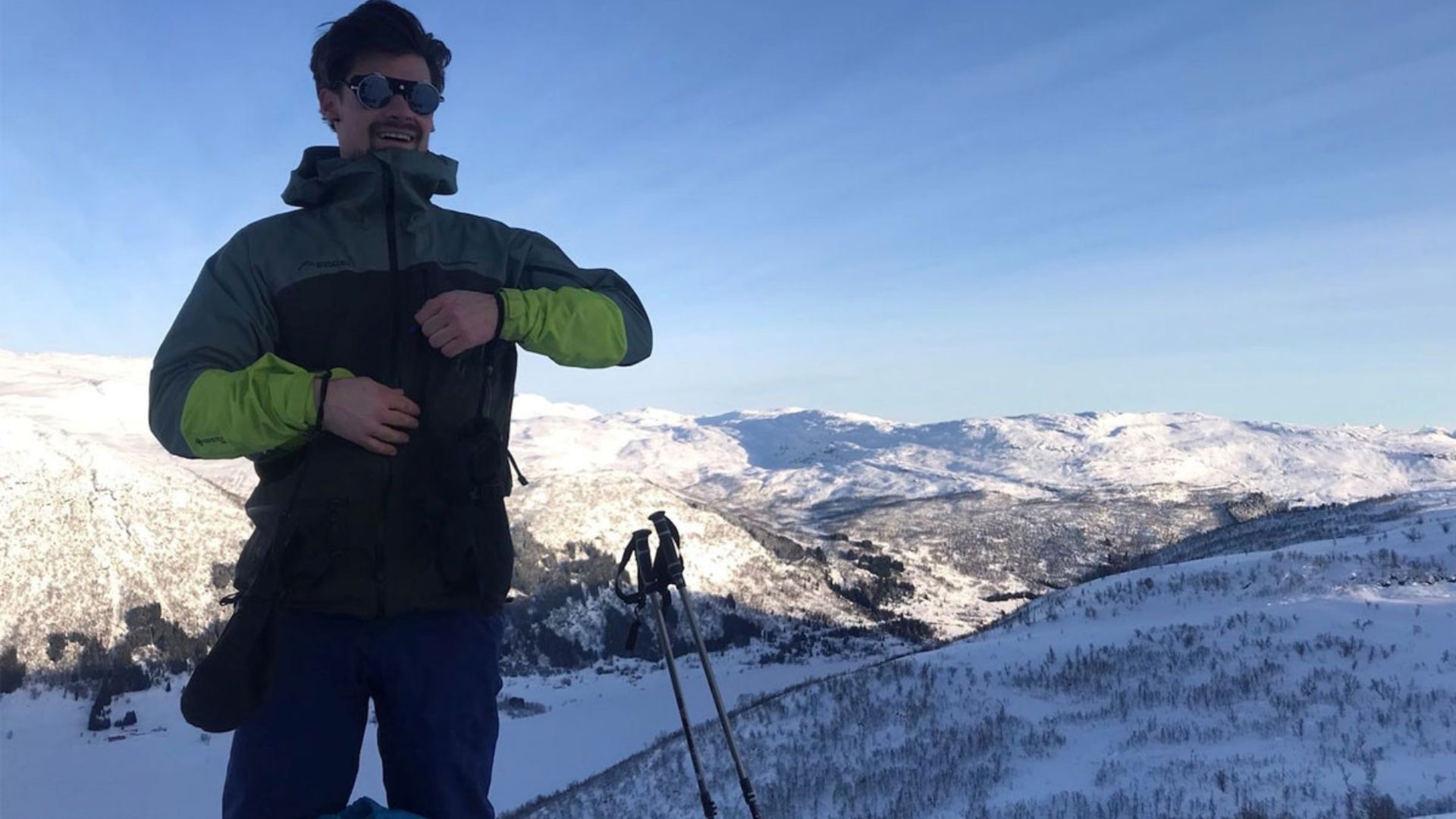
Admission and how to apply
Admission requirements
The following requirements need to be fulfilled:
1. Bachelor’s degree, or equivalent, in natural sciences, social sciences, or technology and engineering with minimum 80 ECTS in:
• Environmental sciences
• Governance and policy
• Green technology and transition
• Geosciences and natural hazards
or a combination of the above
2. The grade point average of your bachelor's degree must be C or better.
3. Applicants from outside the Nordic countries must provide evidence of their academic achievements and proficiency in English. See our page for how to document proficiency in English.
See the list of all required documents here.
Norwegian applicants Deadline: April 15th 2024.
Admission to HVL
Welcome letter for those who have been admitted.
Why study Climate Change Management?
With its proximity to fjords, mountains and glaciers, as well as avalanche and flood-exposed terrain, Sogndal is the perfect laboratory for studying climate change.
In Sogndal you will have close interaction with an internationally oriented research environment that has broad competence in climate, nature, and sustainability.
We look at climate challenges and climate adaptation through a holistic lens, where both natural science and social science perspectives are emphasized. In your master's thesis, you can specialize in a topic you are particularly interested in.
You will learn about
- climate change, and how it affects society and ecosystems
- social change, climate policy, consumer behaviour and circular economy
- climate models and climate projections to analyse and assess future scenarios
- restructuring of energy production, energy consumption and the energy system in a climate-friendly direction
- spatial planning considerations for avalanches and floods, among other things
What kind of jobs are you prepared for?
- Planner in the public sector (within municipality, region, road administration and directorates)
- Environmental, climate and energy advisor in the private sector, public sector or in other organisations
- Research and teaching
Examples of job responsibilities:
- Development of strategies and measures to reduce emissions of greenhouse gases
- Planning which areas can be used for roads, railways and housing
- Advice on how areas can be designed to avoid the harmful effects of floods, landslides and other climate-related events.
- Research and development activities aimed at climate solutions

How will you be taught?
We have lectures, field trips, field work, laboratory work and project-based work.
This is an international master's degree with both Norwegian and foreign students, which gives you a unique opportunity to exchange experiences. All teaching is in English.
We have teaching on a block schedule, which means that we work on one subject at a time and finish with an exam, before we start on the next subject.

Student exchange
You can apply for exchange in the second semester.
Where can I travel?
Germany | Carl von Ossietzky University of Oldenburg
Germany | Bingen University of Applied Sciences
Iceland | University Centre of the Westfjords
Italy | University of Turin
Lithuania | Kaunas University of Technology

